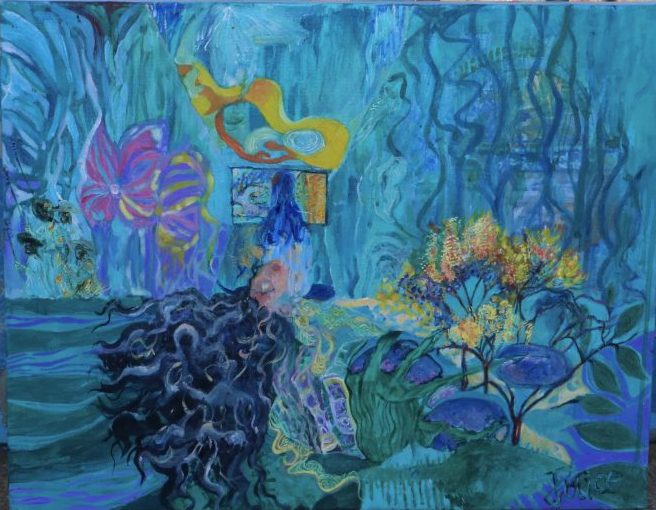Portfolio Element 2 Next Stage
The cassettes are all being digitalised here:
https://www.dropbox.com/scl/fo/tsg7xus6kch747p2xad4i/h?rlkey=qcgqw7bcevk5qii3lkex3hsm9&dl=0
I am going to spend some time recapping, listening and organising the sounds and then make an installation with them. The three cities project inspired me on visualising them on TD but also I felt like the raw feeling of cassettes should be paired with something more nostalgic.
The Three Cities Project has been running for two years with participants from Aberdeen, Bergen and St Petersburg learning about and engaging with aural culture from each of the three cities through working with sound recordings. This finale will document the project and will include work by Ross Whyte, Pete Stollery, Trond Lossius and Suk-Jun Kim. In addition to the performances, there is a stunning interactive intermedia installation (created by Suk-Jun Kim) which utilises audio and video materials gathered from the three cities – as well as a cleverly hacked Xbox Kinect device… The installation will be running all of next week in the new Sir Duncan Rice Library at the University of Aberdeen.

I am being invited to participate in this exhibition with my specific work “Drifting”, satirising new technologies and scientific advancements.

Plan A Audible book:


Plan B Hanging cassette players with headphones or inserting cassette recorders into a mixing table and outputting them through a pair of speakers



Plan A and Plan B are more accessible because they are not a big scale. While my artist reference are a bit more demanding…
Click here to see my display picture
The Tape Letters project focuses light on the act of recording and sending messages on tape as a strange technique for correspondence by Pakistanis who moved and got comfortable the UK between 1960-1980.
Drawing straightforwardly both from direct meetings and from the casual and personal discussions on the actual tapes, the task tries to uncover, chronicle and re/present a picture of this strategy for correspondence, as polished essentially by Potwari-talking individuals from the English Pakistani people group, remarking on their encounters of movement and character, remarking on the irregular utilization of tape innovation, and remarking on the language utilized in the accounts.

Each week, and for a year, we collected and measured a particular type of data about our lives, used this data to make a drawing on a postcard-sized sheet of paper, and then dropped the postcard in an English “postbox” (Stefanie) or an American “mailbox” (Giorgia)!
Eventually, the postcard arrived at the other person’s address with all the scuff marks of its journey over the ocean: a type of “slow data” transmission.
Over the fifty-two weeks, the collecting of data about our lives became a kind of ritual. We would spend the week noticing and noting down our activities or thoughts, before translating this information into a hand-drawn visualization.
On the front of the postcard there would be a unique representation of our weekly data, and, on the other side (in addition to the necessary postage and address), we would squeeze in detailed keys to our drawings: the code to enable the recipient to decipher the picture, and to fantasize about what had happened to her new friend the week before.
We prefer to approach data in a slower, more analogue way. We’ve always conceived Dear Data as a “personal documentary” rather than a quantified-self project which is a subtle – but important – distinction. Instead of using data just to become more efficient, we argue we can use data to become more humane and to connect with ourselves and others at a deeper level.
